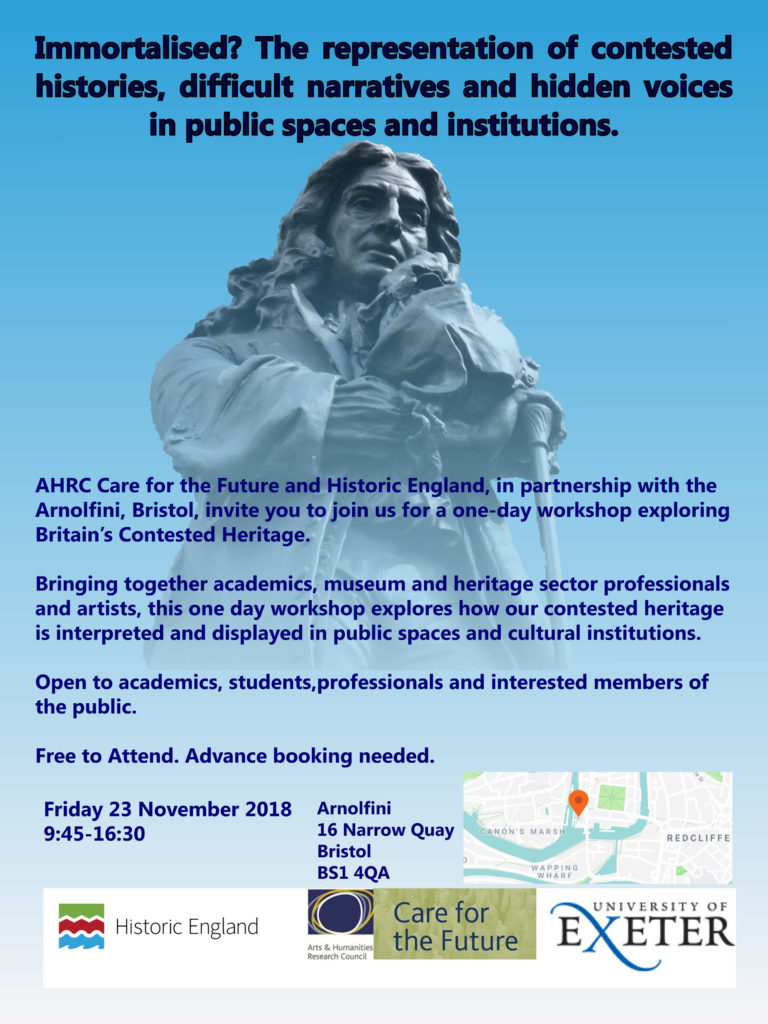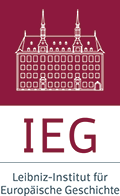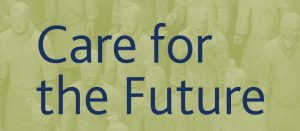 I’m excited to have joined the Care for the Future team as a Postdoctoral Research Fellow in the summer of 2018. I’ll be working with Professor Andrew Thompson on the project ‘Afterlives of Empire: Thinking Forward Through an Imperial Past’. This is a project which speaks to my own research interests, focusing on decolonisation and the post-colonial relationship between Britain and Kenya. This is explored in my first book Kenya and Britain after Independence: Beyond Neo-Colonialism (Basingstoke: Palgrave Macmillan, 2017). I’m especially interested in the continuities which persist through the moment of independence, and the way that ‘imperial’ assumptions continue to shape relationships long after independence. However, I also argue that the relationship between Britain and Kenya was not a simple neo-colonial relationship where the British could dictate; rather, that the Kenyan elite shaped this at least as much as the British.
I’m excited to have joined the Care for the Future team as a Postdoctoral Research Fellow in the summer of 2018. I’ll be working with Professor Andrew Thompson on the project ‘Afterlives of Empire: Thinking Forward Through an Imperial Past’. This is a project which speaks to my own research interests, focusing on decolonisation and the post-colonial relationship between Britain and Kenya. This is explored in my first book Kenya and Britain after Independence: Beyond Neo-Colonialism (Basingstoke: Palgrave Macmillan, 2017). I’m especially interested in the continuities which persist through the moment of independence, and the way that ‘imperial’ assumptions continue to shape relationships long after independence. However, I also argue that the relationship between Britain and Kenya was not a simple neo-colonial relationship where the British could dictate; rather, that the Kenyan elite shaped this at least as much as the British.
I’m looking forward to broadening my focus beyond Africa, and to doing more research on human rights and humanitarianism. I have previously done research into business, military, and political relations, but focusing on NGOs and humanitarian organisations will be a new experience. I’ll be doing some of the archival research for the project, and one of my first tasks is to visit the British Council of Churches archives to explore their activities linked to decolonisation.
Prior to joining the team, I’ve been working as a Teaching Associate at the University of Cambridge since 2015, teaching mostly African History and World History. Before that, I completed my PhD at Durham University in 2015.










